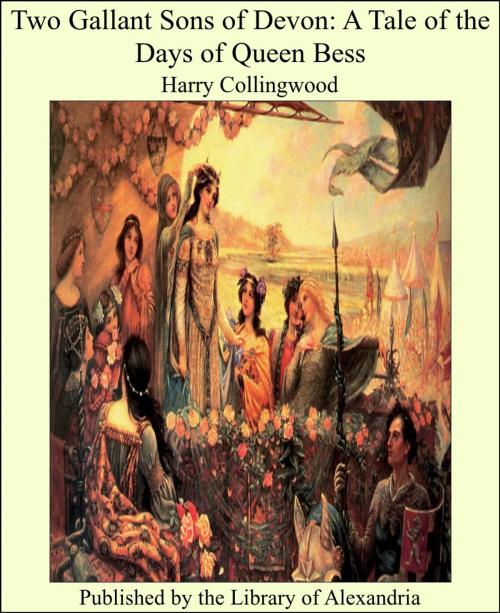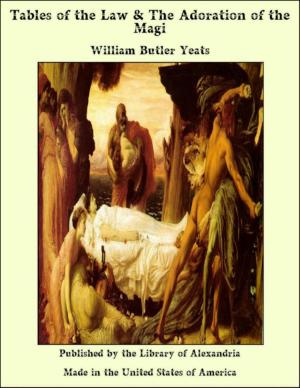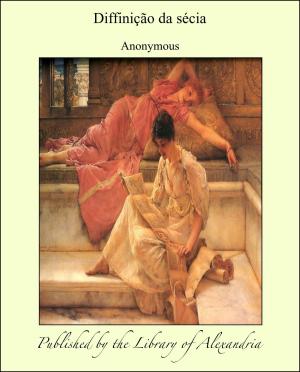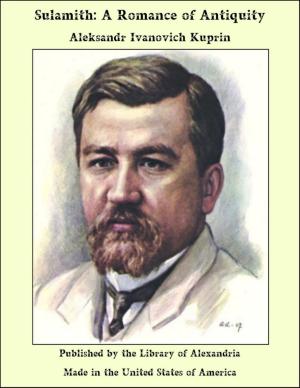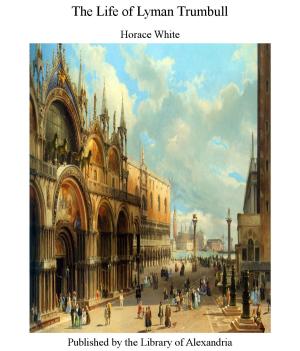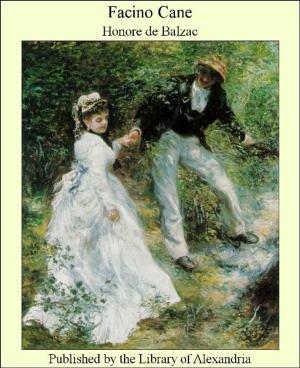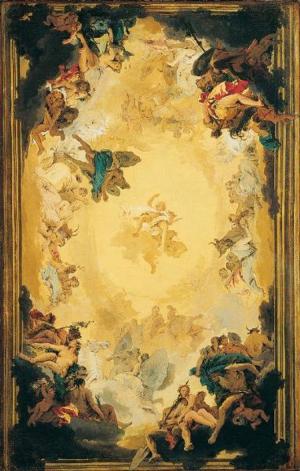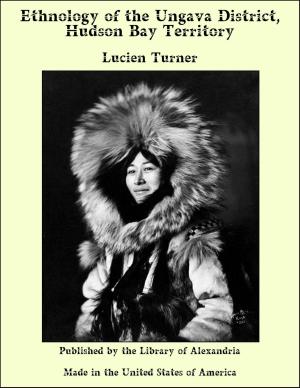Two Gallant Sons of Devon: A Tale of the Days of Queen Bess
Nonfiction, Religion & Spirituality, New Age, History, Fiction & Literature| Author: | Harry Collingwood | ISBN: | 9781465537539 |
| Publisher: | Library of Alexandria | Publication: | March 8, 2015 |
| Imprint: | Language: | English |
| Author: | Harry Collingwood |
| ISBN: | 9781465537539 |
| Publisher: | Library of Alexandria |
| Publication: | March 8, 2015 |
| Imprint: | |
| Language: | English |
How Phil Stukely and Dick Chichester narrowly escaped drowning. It was a little after seven o’clock on June 19 in the year of Our Lord 1577, and business was practically over for the day. The taverns and alehouses were, of course, still open, and would so remain for three or four hours to come, for the evening was then, as it is now, their most busy time; but nearly all the shops in Fore Street of the good town of Devonport were closed, one of the few exceptions being that of Master John Summers, “Apothecary, and Dealer in all sorts of Herbs and Simples”, as was announced by the sign which swung over the still open door of the little, low-browed establishment. The shop was empty of customers for the moment, its only occupants being two persons, both of whom were employees of Master John Summers. One—the tall, thin, dark, dreamy-eyed individual behind the counter who was with much deliberation and care completing the preparation of a prescription—was Philip Stukely, the apothecary’s only assistant; while the Other was one Colin Dunster, a pallid, raw-boned youth whose business it was to distribute the medicines to his master’s customers. He was slouching now, outside the counter, beside a basket three-parts full of bottles, each neatly enwrapped in white paper and inscribed with the name and address of the customer to whom it was to be delivered in due course. Apparently the package then in course of preparation would complete the tale of those to be delivered that night; for as Stukely tied the string and wrote the address in a clear, clerkly hand, the lad Dunster straightened himself up and laid a hand upon the basket, as though suddenly impatient to be gone. At this moment another youth, with blue-grey eyes, curly, flaxen hair, tall, broad-chested, and with the limbs of a young Hercules, burst into the shop, taking at a stride the two steps which led down into it from the street, as he exclaimed
How Phil Stukely and Dick Chichester narrowly escaped drowning. It was a little after seven o’clock on June 19 in the year of Our Lord 1577, and business was practically over for the day. The taverns and alehouses were, of course, still open, and would so remain for three or four hours to come, for the evening was then, as it is now, their most busy time; but nearly all the shops in Fore Street of the good town of Devonport were closed, one of the few exceptions being that of Master John Summers, “Apothecary, and Dealer in all sorts of Herbs and Simples”, as was announced by the sign which swung over the still open door of the little, low-browed establishment. The shop was empty of customers for the moment, its only occupants being two persons, both of whom were employees of Master John Summers. One—the tall, thin, dark, dreamy-eyed individual behind the counter who was with much deliberation and care completing the preparation of a prescription—was Philip Stukely, the apothecary’s only assistant; while the Other was one Colin Dunster, a pallid, raw-boned youth whose business it was to distribute the medicines to his master’s customers. He was slouching now, outside the counter, beside a basket three-parts full of bottles, each neatly enwrapped in white paper and inscribed with the name and address of the customer to whom it was to be delivered in due course. Apparently the package then in course of preparation would complete the tale of those to be delivered that night; for as Stukely tied the string and wrote the address in a clear, clerkly hand, the lad Dunster straightened himself up and laid a hand upon the basket, as though suddenly impatient to be gone. At this moment another youth, with blue-grey eyes, curly, flaxen hair, tall, broad-chested, and with the limbs of a young Hercules, burst into the shop, taking at a stride the two steps which led down into it from the street, as he exclaimed
